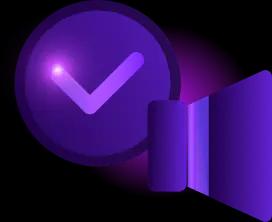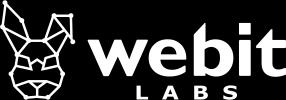

A smart contract is a contract that self-executes, with the conditions of the agreement put directly into lines of code. A smart contract's code and agreements reside throughout a dispersed, decentralized blockchain network, and once deployed on the mainnet, they cannot be updated or changed. Smart contracts allow for trustworthy transactions and agreements to be carried out between disparate, anonymous participants without the requirement for a centralized authority, legal system, or external enforcement mechanism. They make transactions clear, traceable, and irreversible.
Smart contracts can be used to track the movement of items across a supply chain. They can use the blockchain to record each step of the process, offering transparency and traceability.

Smart contracts can be used in healthcare to control patient data, allowing it to be securely transferred between healthcare providers. They can also be used to automate healthcare payment processing.

Smart contracts can be used in education to issue and validate certificates and degrees, decreasing the potential for fraud.

In the entertainment sector, smart contracts can be used to control digital rights and automate royalty payments. A smart contract, for example, may pay royalties to a musician every time their song is streamed.

Smart contracts can be used to automate the execution of financial transactions such as asset or fund transfers when particular conditions are met. They can also be utilized for DeFi applications like as lending platforms and decentralized exchanges.
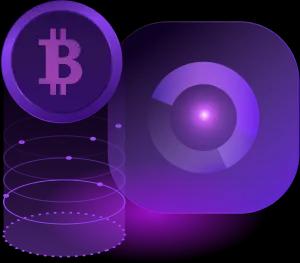
Smart contracts have the potential to automate the insurance claims process. A smart contract, for example, may automatically pay out a travel insurance claim if a flight is canceled, without the consumer having to make a claim.
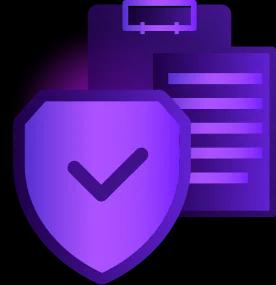
Smart contracts can be used to expedite property transactions such as purchasing, selling, and renting in the real estate business. They can be used to automate the process of transferring property titles as well as for decentralized property registries.
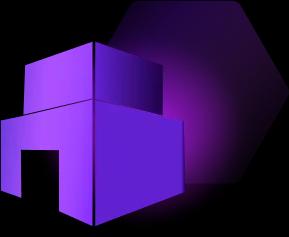
Smart contracts can be used to automate the execution of legal contracts, hence minimizing the need for lawyers and court proceedings. They are also appropriate for decentralized legal registries.

Smart contracts can be used by governments for a variety of applications, including voting systems, identity verification, and public record management.
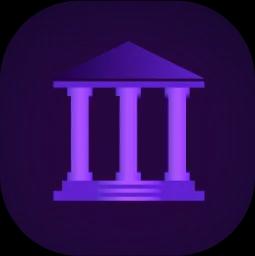
Smart contracts can be used to manage and sell renewable energy credits in the energy sector. They can also be utilized in peer-to-peer energy trading networks, letting individuals directly buy and sell excess renewable energy.
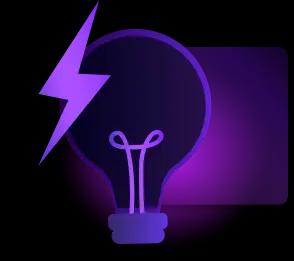
Smart contracts can automate various business processes, such as payments and order fulfillment, reducing costs and increasing efficiency.
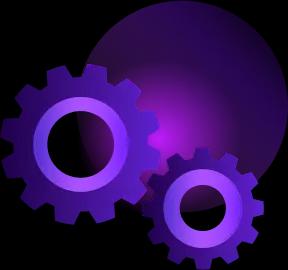
As smart contracts are stored on a public blockchain, they offer unparalleled transparency, helping to build trust with customers and partners.
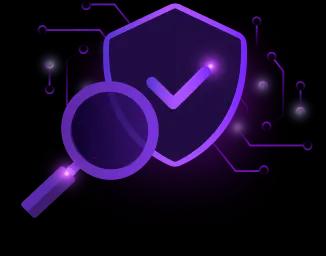
The blockchain secures self-executing agreements, making them resistant to fraud and hacking, thus enhancing the security of your transactions.

Smart contracts can automate transactions and agreements, reducing the need for intermediaries like banks, lawyers, and brokers, leading to faster and more cost-effective operations.

The immutable and transparent nature of self-executing agreements makes them ideal for compliance and auditing purposes, simplifying these often complex and time-consuming processes.
